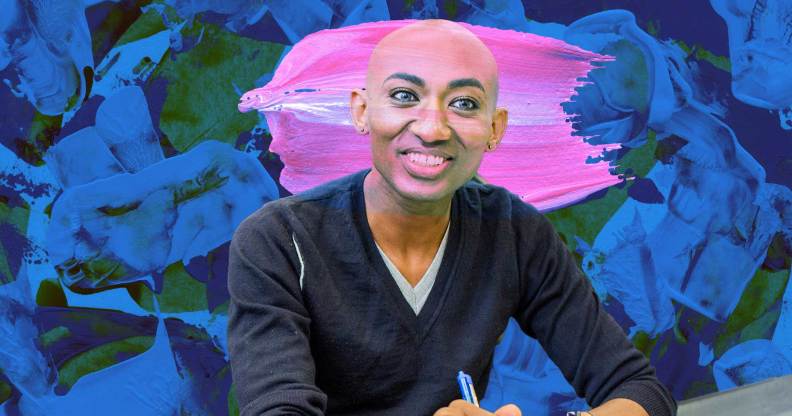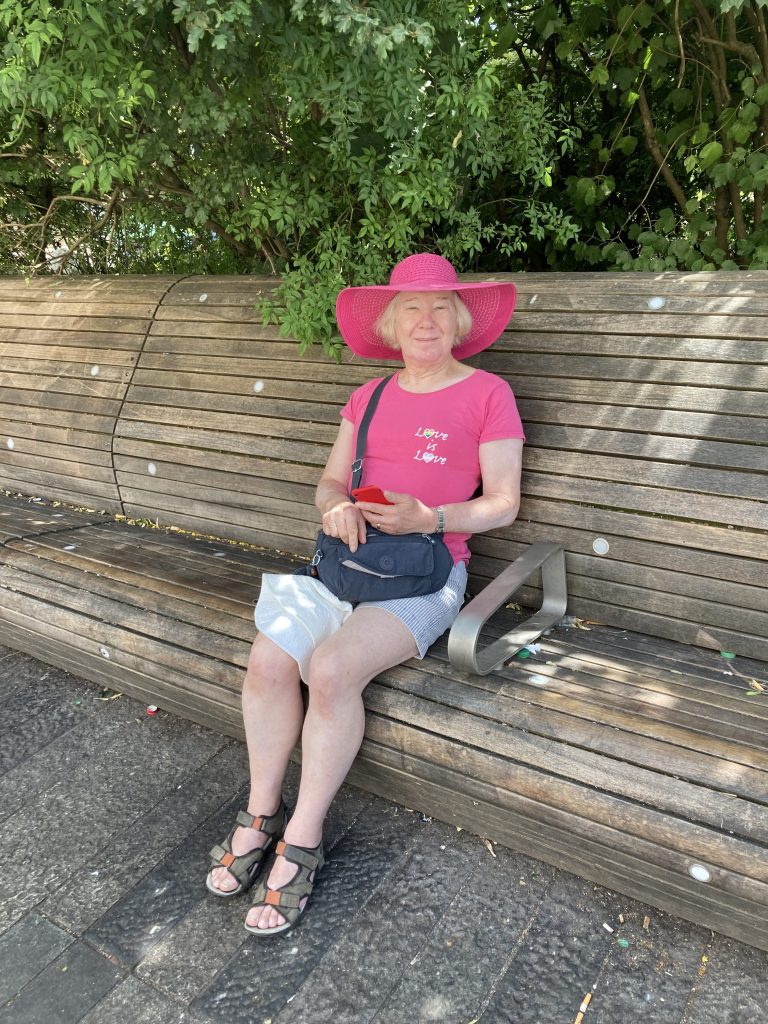How to support your trans and non-binary colleagues beyond Trans Day of Visibility

PinkNews spoke to trans and non-binary people to find out how to support and be an ally while at work. (Getty/PinkNews)
To celebrate Trans Day of Visibility (TDOV) on Friday (31 March), PinkNews spoke to trans and non-binary folks from the worlds of academia, tech and activism to find out what true allyship means to them and how cis colleagues can support their trans and non-binary coworkers.
We’re not even six months into 2023, and already it has been an incredibly tough year for the trans and non-binary community throughout the UK and the United States. From the hundreds of anti-trans laws in the US to the UK government blocking Scotland’s Gender Recognition Reform Act and World Athletics banning trans women from competing in female sporting events, the livelihoods and existences of trans and non-binary people are under threat.
This, combined with the vitriol geared towards the trans and non-binary community on social media, the community needs allies now more than ever, and this includes at work.
Work should be a place where everyone can be their authentic selves, yet many trans and non-binary folks don’t feel that they can do this. A YouGov survey conducted in 2021 along with TotalJobs found that 65 per cent of trans people have felt the need to hide their identity at work – a 13 percentage point rise from when the poll was conducted in 2016.
To find out how cishet people can support the community, we spoke to trans and non-binary people to learn what allyship and support look like for trans and non-binary people.
“For me, it really is the little things”
Maxie, a lecturer based in Staffordshire, England, believes true allyship at work means education and colleagues being proactive in creating safe spaces for transgender people.

“For me, it really is the little things,” Maxie says. “Striving to use inclusive language, including pronouns in email signatures, and normalising open communications surrounding names and pronouns – that can make all the difference.”
Maxie believes the best way colleagues can support trans coworkers is to do what they can to make them feel normal. “It can be so common in everyday life for us to be made to feel like an inconvenience or second thought,” they say.
“So proactive allyship before needing to be asked can be a huge help!”
“Respect their wishes, don’t question them”
For Victoria, a Director at Trans Pride Hastings, allyship and support involve catering to needs before they become issues and respect for trans colleagues. “Someone sharing their gender identity at work may involve them stepping outside of their comfortable or safe space and may be very different to their experience at home,” she says. “Respect their wishes, don’t question them.”

Another way colleagues can offer support to their trans colleagues is by knowing that they aren’t the only people that can answer questions and provide information. “It may be tempting to use them as a direct source of information, and it is important that trans voices lead the discussion,” notes Victoria.
“There are other less intrusive areas out there: books by trans authors, resources from trans organisations, even Google.”
“Supporting transgender people even when the cameras are off”
Jude, a model and speaker, is encouraged when businesses reflect as much structural allyship as they do visible advocacy. “True allyship in the workplace to me is proactively supporting transgender people even when the cameras are off and no one’s looking.”

When it comes to supporting colleagues, Jude believes that self-educating and asking management for training is a great way to go, but they also caution that inaction is possible.
“I often find there’s fear of ‘getting it wrong’ or ‘offending someone’ which can cause inaction rather than proactive action,” they say, “ I’d rather people try their best than let fear stand in their way.”
“Empathy, support and a desire to educate yourself”
For Petra, a semi-retired cyber security expert and member of the BCS, the Chartered Institute for IT and the Pride BCS Group, transitioning later in life helped to carve out what allyship means to her. “Empathy, support and a desire to educate yourself are traits that all good allies should have.”

“A good ally should always have the back of a team member who is transgender and be prepared to actively support them.”
When it comes to supporting trans and non-binary colleagues, Petra believes that being genuine is key, as well as avoiding sensitive questions about surgeries, treatments or their deadname. “Remember that they are people with the same or similar feelings and expectations as you have and may share the same interests and hobbies,” she says, “so interact with them just as you would interact with anyone.“
If you enjoyed this article, find out more about the PinkNews Trans+ Summit and secure your place now.
How did this story make you feel?

